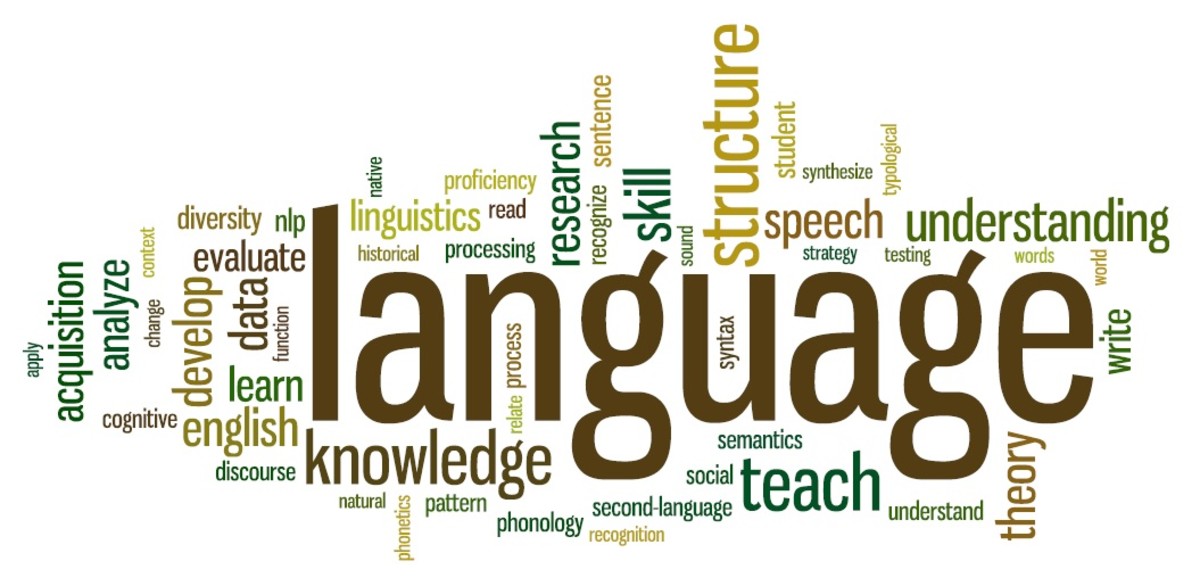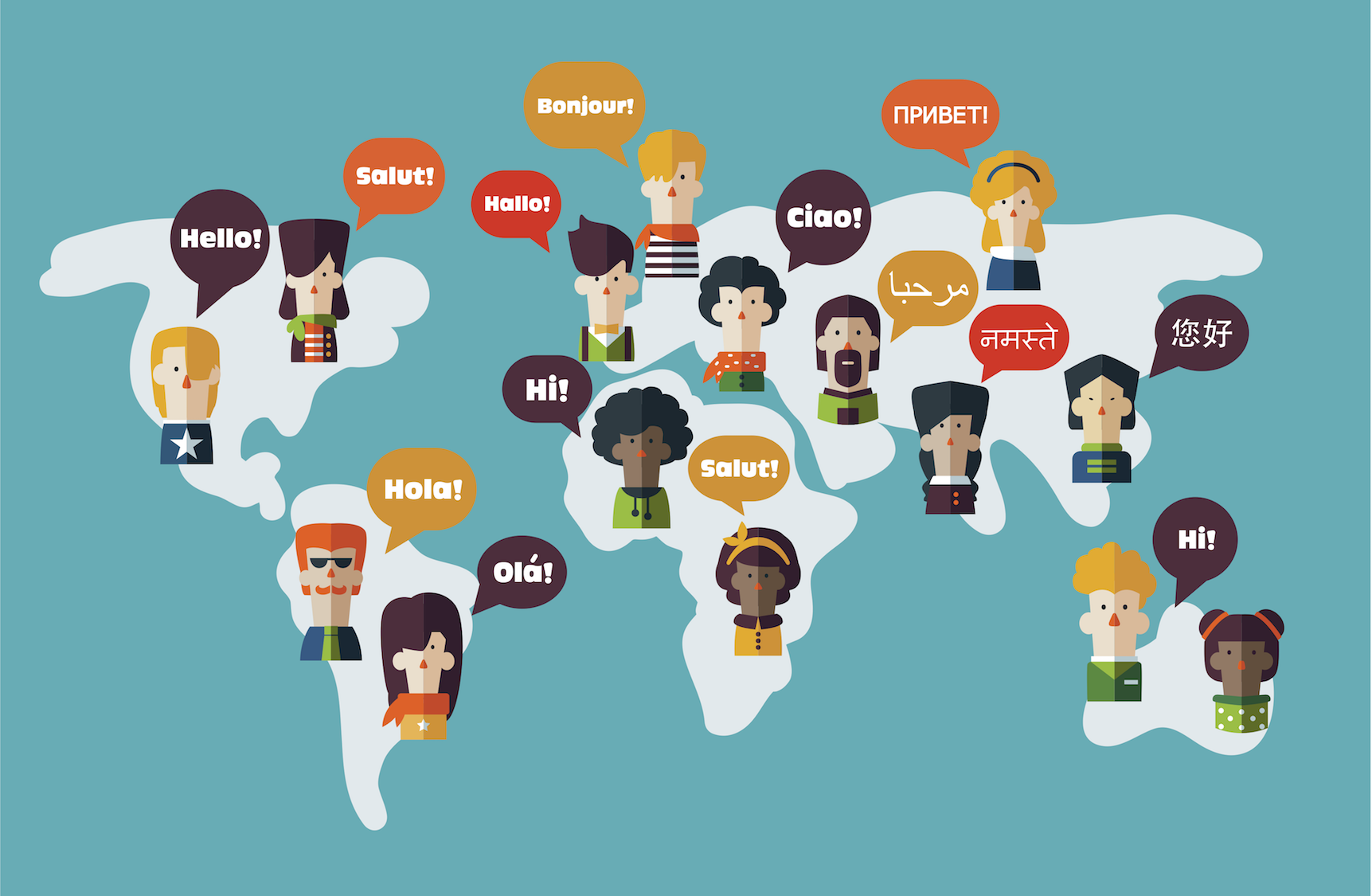Have you ever thought about visiting a place where ancient sounds meet modern chatter? It's pretty interesting, isn't it? When people think about a country like Israel, they often wonder, "what language is spoken in Israel?" This question comes up a lot, and for good reason. The language situation there is quite rich, reflecting a long history and a lot of different people living together. You might be surprised by just how many tongues you could hear on a walk through a market or a city street.
It's true, figuring out the main ways people talk in a new place can feel like a bit of a puzzle. Some countries have just one common way to communicate, but others, like Israel, are a mix. This mix isn't just about official declarations; it's about what people actually use every day to share ideas, tell stories, and simply get things done. So, when we talk about the languages here, we're really talking about the everyday lives of many different communities, you know?
Understanding this language picture can really make a visit more enjoyable, or just satisfy a curious mind. It helps to know what to expect, whether you're planning a trip or just learning more about the world. So, let's take a closer look at the different ways people speak in Israel, from the official ones to those you might hear in specific towns or even those from long, long ago. It's actually a pretty fascinating subject, and it tells us a lot about the country itself.
Table of Contents
- Official Languages of Israel
- Hebrew: The Most Widely Used
- Arabic: A Key Voice
- English: The Common Foreign Language
- Other Languages You Might Hear
- Regional Differences: Tel Aviv and Jerusalem
- Ancient Voices: Aramaic and Egyptian
- Frequently Asked Questions
Official Languages of Israel
To begin with, it's pretty clear that Israel has two official languages. These are Hebrew and Arabic. This means that government documents, street signs, and official communications generally appear in both of these forms of speech. It's a way of recognizing the important roles both communities play in the country's daily workings. This dual official status, you know, really shows the unique make-up of the place.
Hebrew: The Most Widely Used
When you ask what language is spoken in Israel, the immediate answer for most people would be Hebrew. It's truly the most widely used way of talking across the country. In Tel Aviv, for example, Hebrew is the speech you'll hear the most often. This holds true for many other parts of the country too. It's the language of everyday life for a very large part of the population, and it's taught in schools, so pretty much everyone learns it.
Arabic: A Key Voice
Arabic is the other official language, and it holds a really significant place. In Jerusalem, for instance, Hebrew is the most widely spoken, but Arabic comes right after it in terms of how many people use it. Many Bedouins, who live in and around certain areas, also speak Arabic. It's the daily language for a considerable portion of the population, reflecting the large Arab community living there. So, it's not just an official language on paper; it's a living, breathing part of the country's soundscape, you know.
English: The Common Foreign Language
Interestingly enough, English is the most common foreign language in Israel. This is a pretty big deal for visitors. In places like Tel Aviv, it would be pretty hard to find someone who can't communicate in English. This makes things a lot easier for tourists and people coming from other countries. It's unofficially, you know, very widely spoken there, much like in Italy or Greece, even though it's not an official language in any of those Mediterranean countries.
Other Languages You Might Hear
Beyond the official languages and English, you'll hear a variety of other tongues spoken in different communities across Israel. These languages often reflect the diverse backgrounds of people who have come to live in the country. It's a real mix, and it adds so much to the feel of the place. So, you might catch a word or two of something different while you're out and about.
Russian Connections
Among the other common languages, Russian stands out. There are many people in Israel who came from parts of the former Soviet Union, and they brought their language with them. So, in certain areas, or even just walking around, you might hear conversations happening in Russian. It's definitely one of those languages that adds to the rich sound of the country, especially in cities like Tel Aviv.
French Presence
French is another language that you might come across, particularly in cities like Tel Aviv. There's a noticeable community of French speakers, which means you'll find it spoken in various places. While French is the official language in Monaco, for example, and widely understood there, its presence in Israel comes from a different kind of connection, through people who have moved there. It's kind of interesting how languages travel with people, isn't it?
Israeli Sign Language
It's important to remember that communication isn't just about spoken words. Israeli Sign Language (ISL) is the common sign language used by the deaf community in Israel. It's a full language, with its own grammar and structure. About 10,000 people use ISL as their first language, and another 10,000 people can communicate with it. This means it's a vital part of the language landscape, allowing a significant number of people to express themselves fully. To learn more about sign languages on our site, you could explore further.
Regional Differences: Tel Aviv and Jerusalem
The way languages are used can vary quite a bit from one city to another, which is pretty typical for any country, you know. In Tel Aviv, Hebrew is definitely the most widely spoken language. However, it's also a place where you'll hear a lot of English, Russian, Arabic, and French. It's almost a truly international city in that way, where many different forms of speech coexist. Finding someone who can't speak English there, honestly, would be pretty hard.
Jerusalem, on the other hand, has a slightly different pattern. Hebrew is still the most widely spoken language there, but Arabic follows very closely. This reflects the different communities that make up the city. English is still the most common foreign language in Jerusalem, just like in other parts of the country. So, while the official languages are the same everywhere, their prevalence in daily life can shift depending on where you are. It's quite a dynamic situation.
Ancient Voices: Aramaic and Egyptian
Looking back in time, the language picture in the region was different, as you might expect. During the time of Jesus' birth in Bethlehem, the common language spoken in that area was Aramaic. This was the language of everyday communication among the local people. It's a really old language, and it played a big role in the history of the region. Aramaic even survives today as a spoken language in small communities in places like Syria, Iraq, Turkey, and Iran. For example, it's still spoken in the village of Maloula, which has a population of about 2,000 people, showing how some ancient tongues can persist.
Another historical language that comes up when talking about this region is Egyptian. When Moses was born in Egypt and raised in Pharaoh's palace, it's pretty likely he was speaking Egyptian. This makes sense, given his upbringing there. The Jewish answer to this question, you know, might offer a different view, but the fact remains that Egyptian was a significant language in that ancient world. It's interesting to consider how these older forms of speech connect to the land and its stories, even if they aren't common now.
Frequently Asked Questions
Is English widely spoken in Israel?
Yes, English is very widely spoken in Israel. It's actually the most common foreign language there. In cities like Tel Aviv, it's quite hard to find someone who doesn't speak it. So, for visitors, communication in English is generally pretty easy. It's unofficially, you know, a very common way to communicate.
Do people speak Arabic in Israel?
Absolutely, Arabic is one of the two official languages of Israel, alongside Hebrew. It is widely spoken, especially in Jerusalem where it's the second most common language after Hebrew. Many Bedouin communities also speak Arabic. So, yes, it's a very active language in the country. You can learn more about Arabic culture and its presence here.
What was the language of Jesus?
During the time of Jesus' birth in Bethlehem, the common language spoken in that region was Aramaic. This was the language people used for their daily conversations. So, it's widely accepted that Jesus would have spoken Aramaic, as it was the everyday speech of the local population then. It's a historical language that really connects to that time and place.
So, as you can see, when we ask what language is spoken in Israel, the answer is far from simple. It's a rich tapestry of sounds, from the official voices of Hebrew and Arabic, to the widespread use of English, and the distinct presence of Russian and French. Then there's Israeli Sign Language, which is a vital part of communication for many. And let's not forget the echoes of ancient Aramaic and Egyptian that tell stories of a very long past. It's a country where many voices come together, creating a truly unique soundscape. This blend of languages really shows the country's varied history and the different people who call it home, even today, you know.



